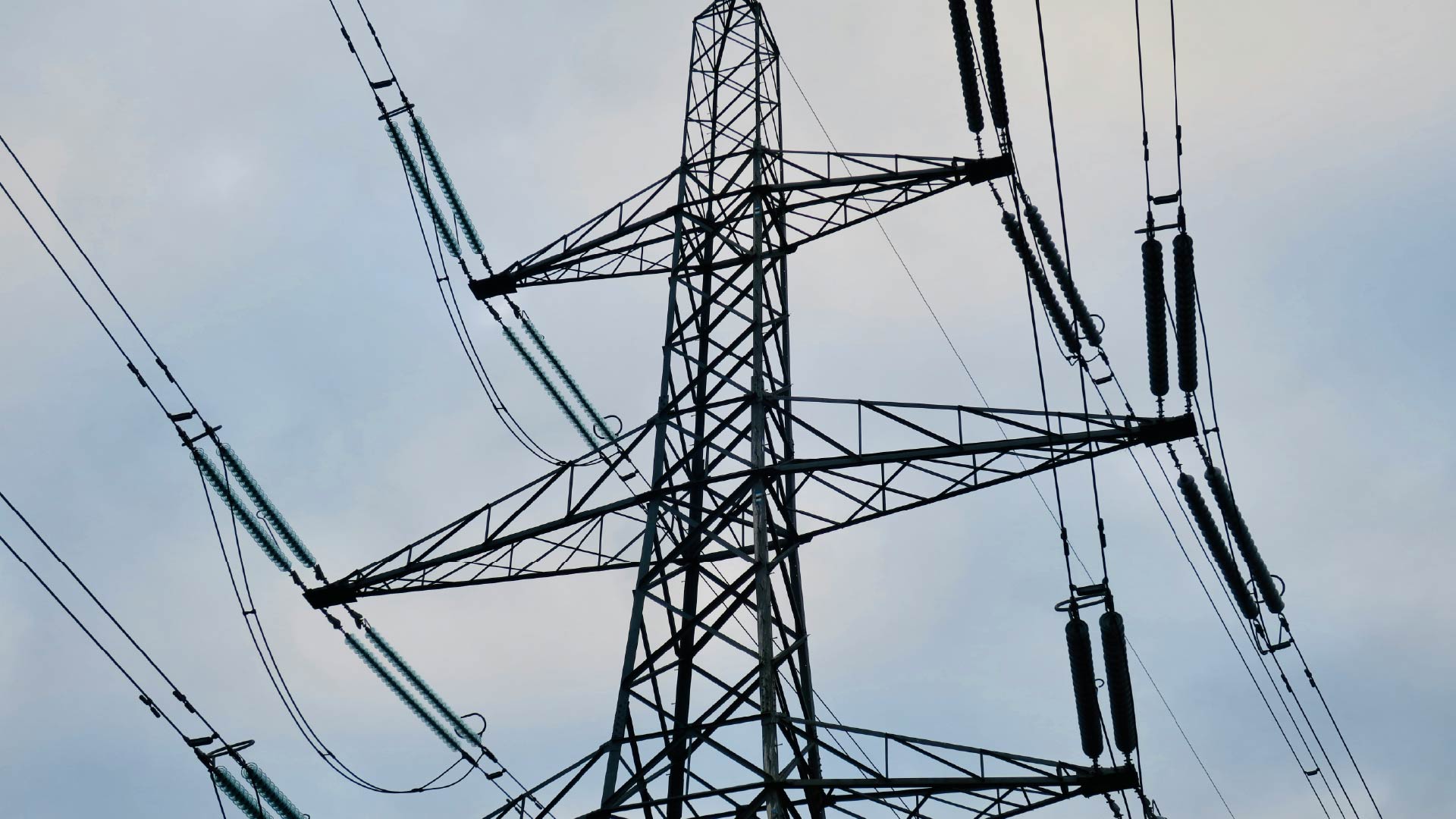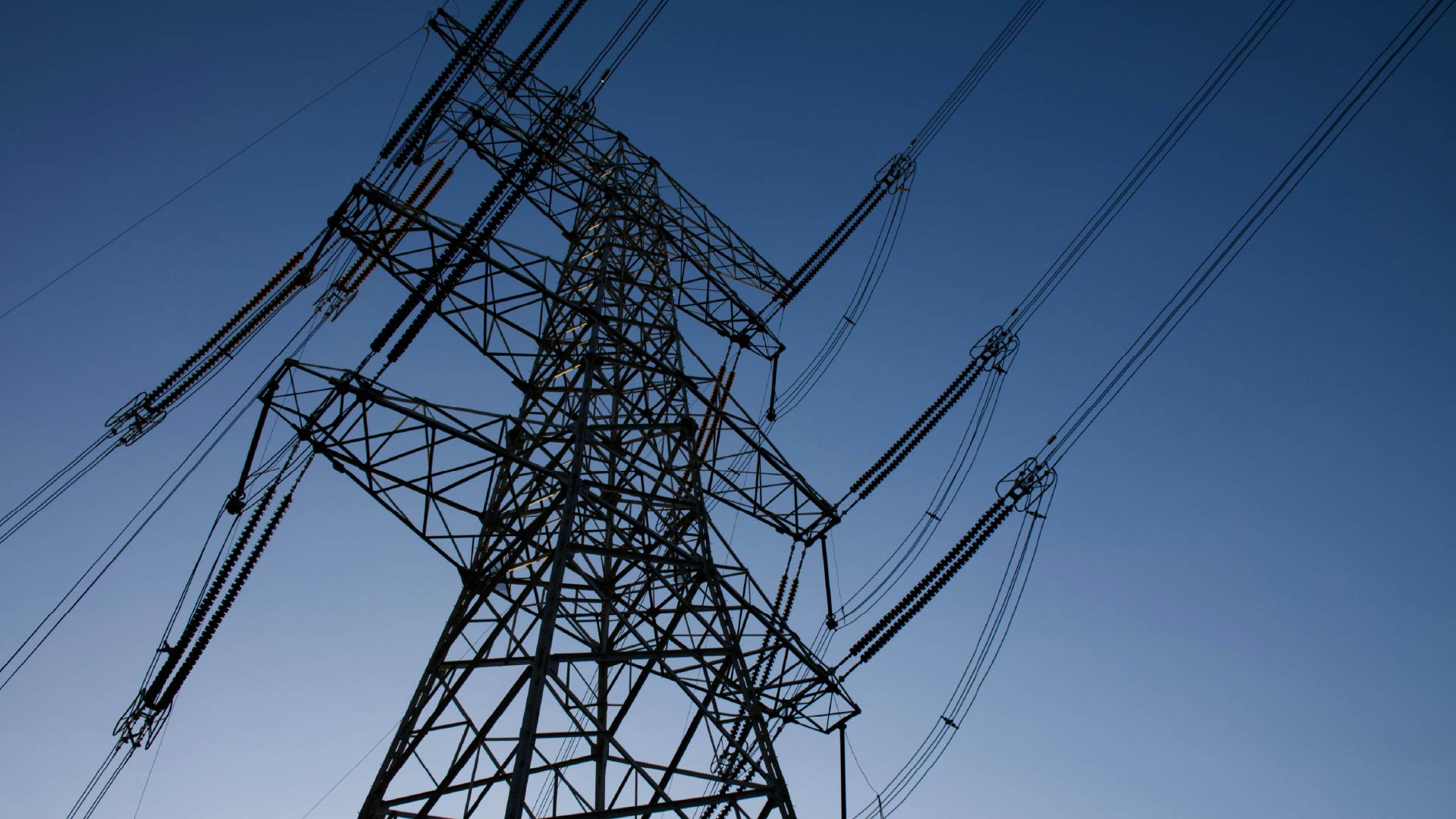Delaying The SEC Climate Rule To 2025 Has A Multitude Of Negative Consequences
The US Securities And Exchange Commission (SEC) has missed its own April 2023 deadline for publishing a final rule on climate disclosures. Originally proposed in March 2022 and scheduled to come into effect for large and accelerated filers in FY 2023, the rumour is that the rule will now be finalized in 'H2 2023'. This makes it very likely that large and accelerated filers will only need to comply in FY 2025. The Supreme Court ruling in the 2022 West Virginia vs EPA case also means that whatever the content of the final rule, it will be contested.
One negative consequence of the delay is that listed entities in the US are stalling on their plans to enhance climate change governance, improve management systems and invest in new technology platforms for carbon accounting, climate risk and disclosures. Against the backdrop of a slowing US economy – growth of just 1.1% in Q1 2023 – firms won’t pull the trigger until they know which fiscal year the climate rule will apply to them. Why spend $250,000 on an enterprise-wide carbon accounting digital system from CO2.ai or Carbon Intelligence in 2023 if you don't need to report until 2026? So says the wise CFO who needs to trim costs to hit the earnings per share target.
But there are also negative consequences for filers. One objective of the rule is to stimulate more proactive thinking about the identification and management of climate risks to financial performance. Who leads on this climate risk thinking? Heads of sustainability act as educators, not decision-makers, when it comes to risk appetite. Chief risk officers are only now waking up to the challenge. Few integrate the three flavours of climate risk – litigation, physical and transition – into enterprise risk management. Climate risks, however, are real today. Due to the immense scale of the Inflation Reduction Act, transition risks are far more significant in 2023 than they were two years ago. Auto firms are taking note. Gas-powered muscle cars like the eight-cylinder Dodge Charger will not be manufactured after 2023. The SEC rule would force firms to better assess what transition risks they face. And climate litigation is ramping up. In the UK, ClientEarth is suing the UK Financial Conduct Authority. Heightened awareness of climate risks would protect firms from legal threats. Meanwhile, business disruption risks from large-scale drought and unprecedented heatwaves continue to worsen.
A delay to 2025 would make the SEC climate rule a side-show. Firms need to tackle real climate risks to their operations and product lines now. They need to exploit the incredible financial incentives in the Inflation Reduction Act to use climate change as a value-driver. After all, shareholders care far more about real-world financial outcomes than a dry report about potential risks and GHG intensity metrics.
About The Author

David Metcalfe
CEO and Co-Founder





